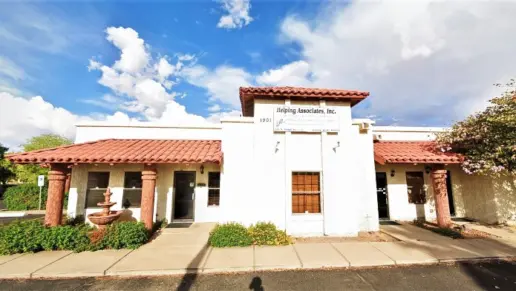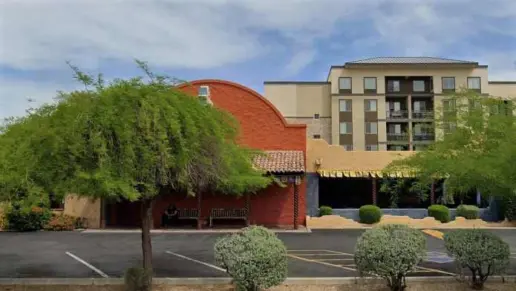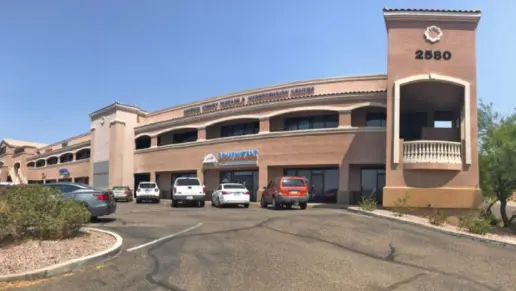I had my older brother committed due to threats of violence against family members, my self included. They released him without a word. I had called to make sure he was still there, and to make a visit, and they said he was still there. Drove 10 miles only to find out he had ...
About RI International – Recovery Response Center
RI International – Recovery Response Center in Peoria, Arizona, focuses on providing clients with crisis stabilization services that help avoid emergency room aid. This substance abuse center also offers an outpatient program. These recovery services center on helping men and women overcome their addictions. As part of the outpatient program and crisis intervention, typical rehab services like therapy, peer support, and clinical services are provided.
RI International’s Recovery Response Center in Peoria, Arizona, focuses on crisis stabilization, whether voluntary or court ordered, and an outpatient program (OP) that includes evaluation and treatment. The drug rehab center’s services are further explained below:
RI International believes that recovery from mental illness and addiction is possible, so their unique RI rehab model is used with their outpatient program at Arizona’s Recovery Response Center. As part of their outpatient program, RI provides vocational training, socialization endeavors, individual and group peer support, education, and counseling to ensure recovery from drugs and alcohol is possible for everyone, no matter the circumstances.
This rehab uses a Crisis Now treatment model to provide exceptional crisis stabilization practices at RI International’s Recovery Response Center. To help individuals needing emergency substance abuse care, they provide trauma informed care and focus on delivering recovery orientation. Additionally, to ensure exceptional crisis intervention is administered, this treatment center utilizes peer staff and collaborates with first responders and law enforcement.
Latest Reviews
Rehab Score
Gallery
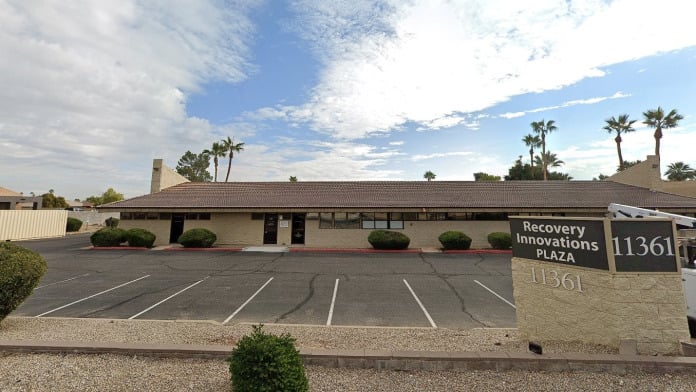
Location
Accepted Insurance





Other Forms of Payment
Private insurance refers to any kind of healthcare coverage that isn't from the state or federal government. This includes individual and family plans offered by an employer or purchased from the Insurance Marketplace. Every plan will have different requirements and out of pocket costs so be sure to get the full details before you start treatment.
Self-pay involves paying for treatment out of your own pocket. You can use savings or credit, get a personal loan, or receive help from family and friends to fund your treatment. If you don't have insurance or your insurance plan doesn't cover a specific program, self-pay can help ensure you still get the care you need.
Financial aid can take many forms. Centers may have grants or scholarships available to clients who meet eligibility requirements. Programs that receive SAMHSA grants may have financial aid available for those who need treatment as well. Grants and scholarships can help you pai for treatment without having to repay.
Medicaid is a state based program that helps lower-income individuals and families pay for healthcare. Medicaid covers addiction treatment so those enrolled can use their coverage to pay for rehab. When a program accepts Medicaid the client often pays very little or nothing out of their own pocket.
Military members, veterans, and eligible dependents have access to specific insurance programs that help them get the care they need. TRICARE and VA insurance can help you access low cost or no cost addiction and mental health treatment. Programs that accept military insurance often have targeted treatment focused on the unique challenges military members, veterans, and their families face.
Addiction Treatments
Levels of Care
Treatments
The goal of treatment for alcoholism is abstinence. Those with poor social support, poor motivation, or psychiatric disorders tend to relapse within a few years of treatment. For these people, success is measured by longer periods of abstinence, reduced use of alcohol, better health, and improved social functioning. Recovery and Maintenance are usually based on 12 step programs and AA meetings.
Drug rehab in Arizona is the process of treating individuals who are dependent on a particular addictive drug. Because addiction is complex, this treatment typically includes a variety of interventions that address the many physical and emotional issues involved.
A combined mental health and substance abuse rehab has the staff and resources available to handle individuals with both mental health and substance abuse issues. It can be challenging to determine where a specific symptom stems from (a mental health issue or an issue related to substance abuse), so mental health and substance abuse professionals are helpful in detangling symptoms and keeping treatment on track.
Opioid rehabs specialize in supporting those recovering from opioid addiction. They treat those suffering from addiction to illegal opioids like heroin, as well as prescription drugs like oxycodone. These centers typically combine both physical as well as mental and emotional support to help stop addiction. Physical support often includes medical detox and subsequent medical support (including medication), and mental support includes in-depth therapy to address the underlying causes of addiction.
Programs


Clinical Services
Group therapy is any therapeutic work that happens in a group (not one-on-one). There are a number of different group therapy modalities, including support groups, experiential therapy, psycho-education, and more. Group therapy involves treatment as well as processing interaction between group members.
Trauma therapy addresses traumatic incidents from a client's past that are likely affecting their present-day experience. Trauma is often one of the primary triggers and potential causes of addiction, and can stem from child sexual abuse, domestic violence, having a parent with a mental illness, losing one or both parents at a young age, teenage or adult sexual assault, or any number of other factors. The purpose of trauma therapy is to allow a patient to process trauma and move through and past it, with the help of trained and compassionate mental health professionals.
Staff

President & CEO
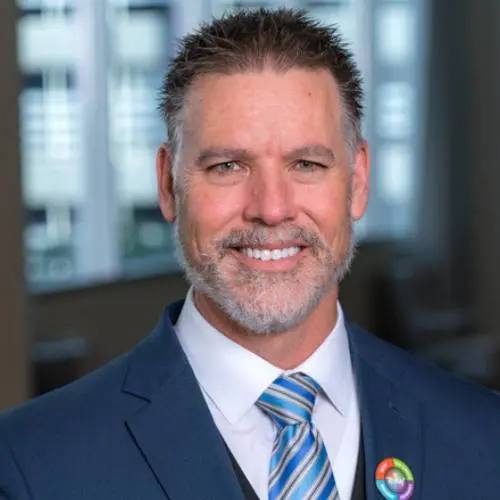
Executive Principal Consultant

COOr
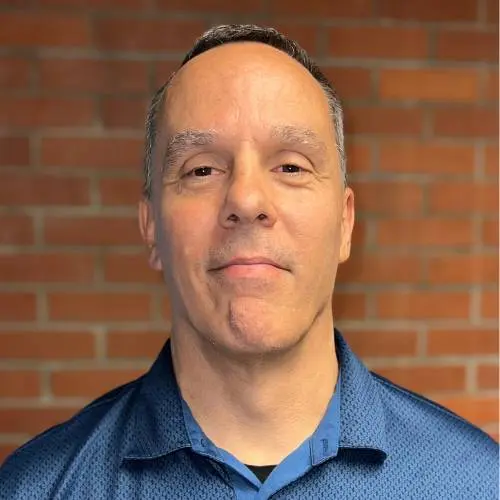
CFO
Contact Information
11361 N 99th Ave
#402
Peoria, AZ 85345

